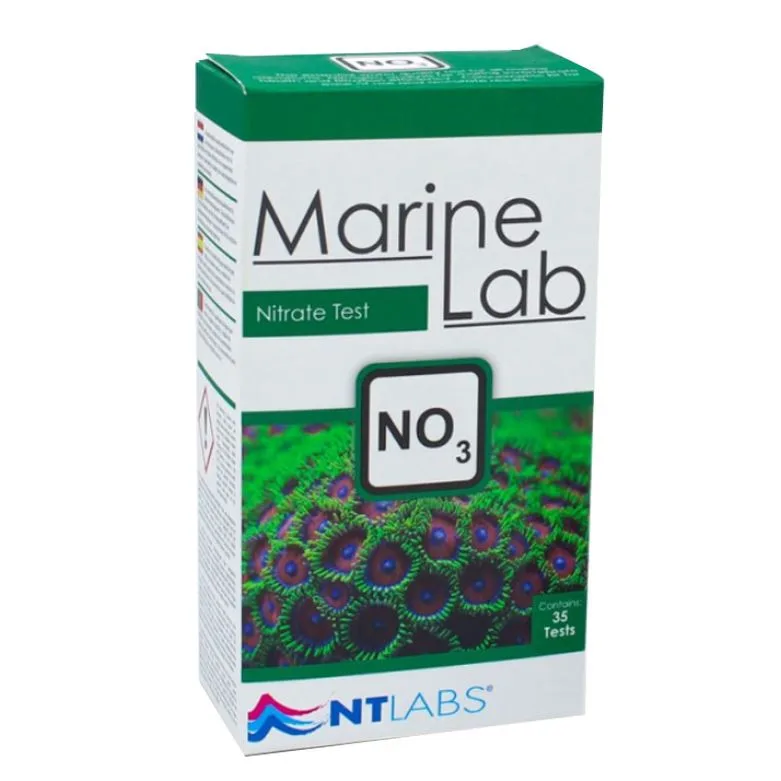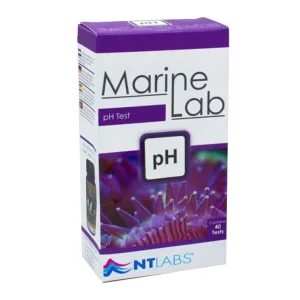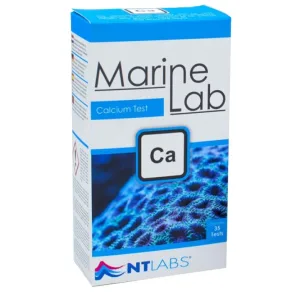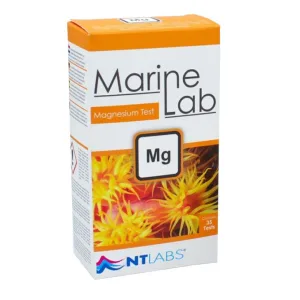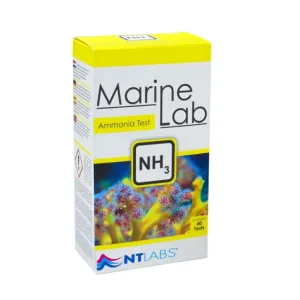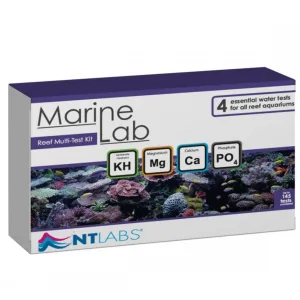What is nitrate?
Nitrate is the waste product of naturally occurring bacteria (Nitrospira spp.) turning nitrite into relatively non-toxic nitrate. In a typical aquarium, nitrate is the final stage of nitrification and usually accumulates with time.
Why test for nitrate?
Invertebrates do not tolerate a high level of nitrate in a marine aquarium, so careful measurement is essential to keeping corals healthy. Nitrate is also the cause of many algae problems in a marine aquarium so monitoring and responding to nitrate can help reduce these algae issues.
What is the correct level of nitrate?
In a reef aquarium, a concentration of under 10 mg/l is optimal for both coral growth and health. In a marine fish-only system, nitrate should not exceed 20 mg/l. Higher readings are unlikely to affect fish health, but it may promote excess algae growth.
What to do if the nitrate level is wrong?
Regular partial water changes with a good quality salt should be sufficient in maintaining low nitrate. Good aquarium hygiene, such as removing excessive waste from filters or sumps will also help to keep nitrate down to a minimum. Excessive feeding will also cause high nitrate, so ensure that fish are not overfed.
How to test for nitrate?
Add 5 ml of water to be tested into the test tube provided. The middle mark on the test tube indicates 5 ml.
Ensuring reagent bottle 1 is closed, turn the bottle upside down and shake well for approximately 30 seconds to resuspend the catalyst particles.
Immediately add 6 drops of Nitrate-1 reagent to the test tube. 4. Add 6 drops of Nitrate-2 reagent.
Cap the test tube and shake well to mix.
Wait for 10 minutes for the colour to develop.
Once the 10 minutes has elapsed, view the test tube from the side and compare to the colour chart to determine the amount of nitrate present in the water.
This test kit reports concentration in terms of nitrogen (NO3-N) to be compatible with reported safe concentrations as they apply to fish and plants. If you are interested in knowing the ionic concentration of the measured parameter, multiply your result by 4.43 (NO3-N). For more information on this calculation, click here.

